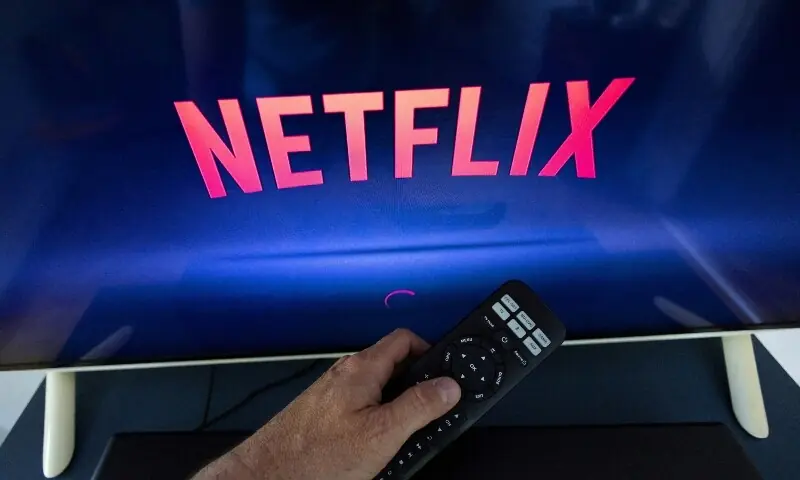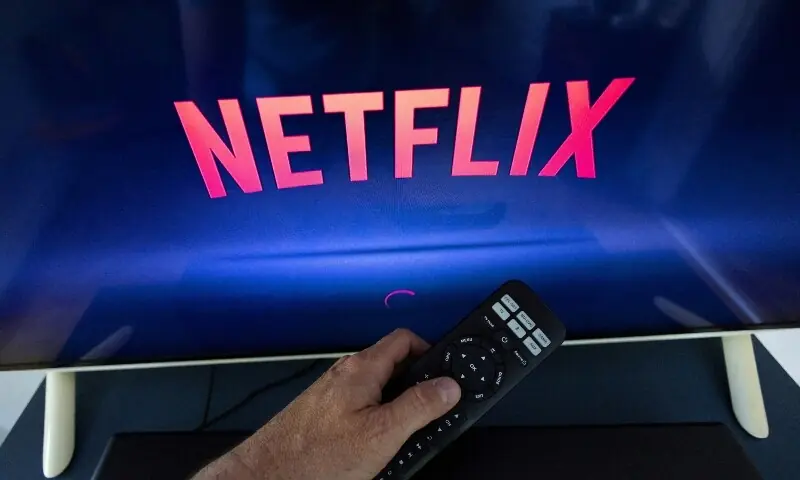Lahore: The Lahore High Court (LHC) rejected a petition filed by film operators in an attempt to expand the scope of the 1979 Film Ordinance to cover Netfly (OTT) platforms such as Netflix and Amazon Prime, ruling that the law cannot be applied to digital streaming services.
Justice Raheel Kamran made a detailed 20-page judgment, noting that the ordinance was made in the pre-digital era, and the decree was displayed through cinemas and other public places, and was not designed for online streaming services.
Petitioners, including NC Entertainment (PVT) Ltd, believe that while an unregulated digital platform leaves the digital platform, it is discriminatory and violates its fundamental rights.
They argue that the principle of review under Article 6 of the Ordinance derived from Article 19 of the Constitution should also apply on all platforms to uphold decent and moral social norms.
Says that extending movie regulations to streaming services will be “judicial legislation”
Attorneys believe that the provisions of the ordinance do not equally target all media and platforms for public and private exhibitions and selectively and arbitrary applications to petitioners, while all other digital platforms continue to be out of control.
The federal government’s lawyers object to the order petition is not upheld.
He said the petitioner was not surrendered and none of his established rights were restricted or covered by any respondent.
He insisted that the subject of the photographic censorship relied on the provinces after the 18th Constitutional Amendment, granting them exclusive authority in this regard.
He believes that the term “photography” should be interpreted under the background of the ordinance, and the OTT platform does not cover it.
A lawyer for the Punjab government said that the Pakistan Electronic Media Regulatory Agency (PEMRA) specializes in electronic media and the jurisdiction of the Punjab Film Review Board is limited to the censorship of films.
He also stressed that the term “photography” should be interpreted in the context of the ordinance, which has no application to the OTT platform.
Pemra’s lawyers believe that the body is a regulator of the distribution of broadcast media and services and it is only responsible for improving the quality standards of channels presented to the Pakistani people.
He believes that Pemra has no connection with the film law and the petitioner. He also questioned the petitioner’s loci.
Lawyers for the Pakistan Telecommunications Agency (PTA) also said it does not have authorization or jurisdiction to regulate matters related to content that can be used to view content on the OTT platform.
Advocate Zeeshan Zafar Hashmi, a friend of the court (the impartial adviser to the court), also noted that the ordinance is essentially an exhibition of films through photographers, which is controlled by the review board through the reviewers.
Justice Kamran observed that the OTT platform operates globally and delivers content directly to users on personal devices, which falls under the framework of the ordinance.
The judge pointed out that given the extensive and constantly updated nature of digital content, pre-censorship of OTT platforms is not only legally untenable, but also logically impossible.
Judge Kamran ruled that extending the film regulations to cover the OTT platform would equal judicial legislation, which is beyond the courts’ territory.
The judge pointed out that cinemas and otting platforms are fundamentally different and are therefore not “similar situations” entities as stipulated in Article 25 of the Constitution.
The judge also dismissed the petitioner’s argument that sovereign digital content is exempt from the import policy order of 2022, believing that once content is published in Pakistan, domestic laws and governments must be followed.
Justice Camran then dismissed the petitions, declaring that they were maintained on legal or practical grounds.
Posted at Dawn on September 27, 2025



